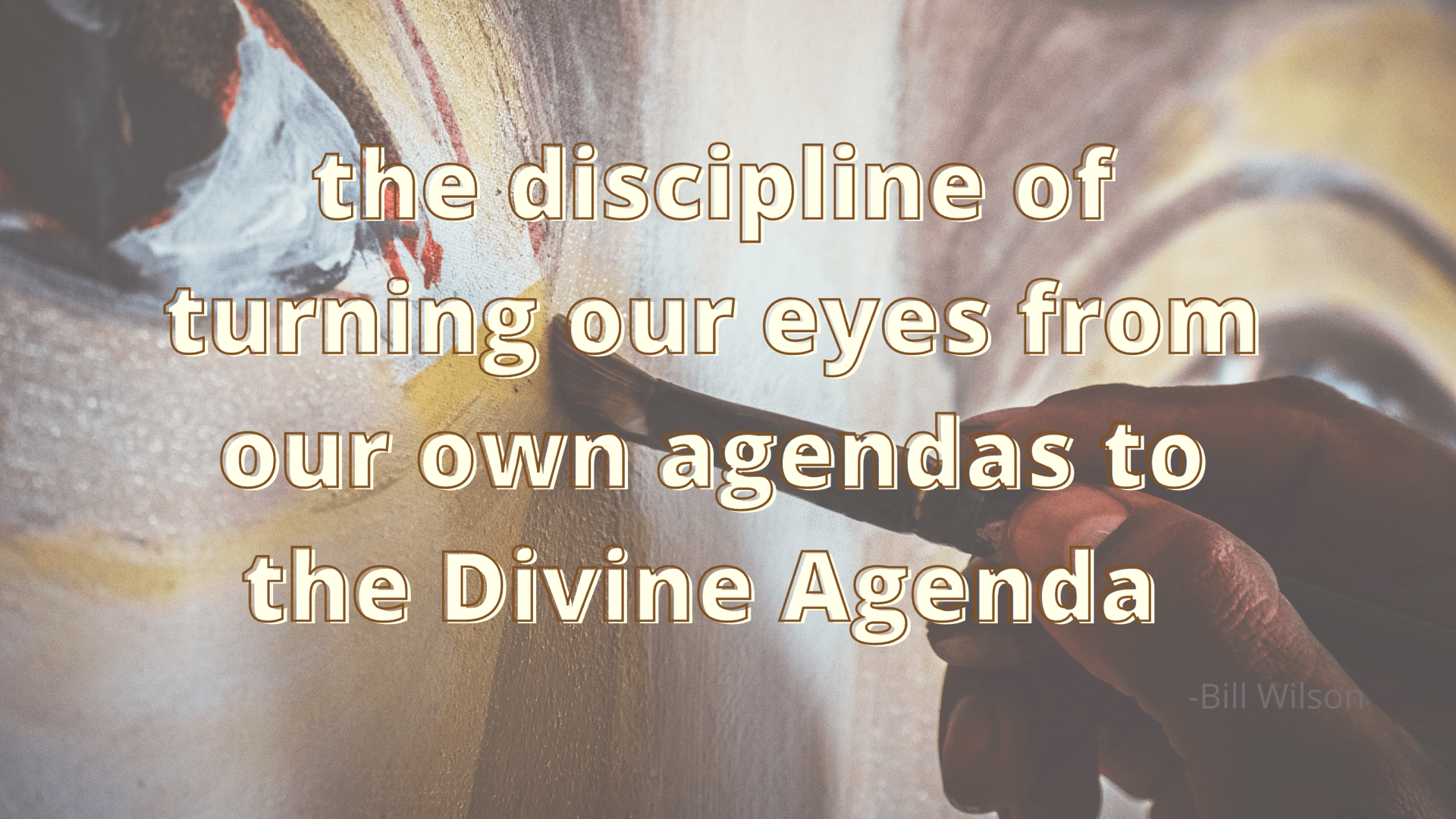
For many years, I have been a fierce proponent of churches using Spiritual Discernment as they navigate their future. I have worked in hundreds of settings, across multiple denominations (and no denominations), in city/urban/suburban/rural locations, and across all aspects of the theological spectrum. I have earnestly pleaded for churches to move from reactive decision making to a proactive, thoughtful, selfless, servant-first approach toward seeking and finding God’s dream for their church.
I’ve recounted the ideas of Ignatius of Loyola, who in the 16th century coined the concept of Holy Indifference to describe the discipline of turning our eyes from our own agendas to the Divine Agenda. I’ve urged countless team leaders and church leaders to ask “what do we need to put down or put to death so that what God intends for us to be about can come to life?” I’ve seen men and women genuinely wrestle with the thorny choices that emerge when we ask that question and open ourselves to the idea that we may be more married to our methods than to our mission.
What do we need to put down to death so that what God intends for us to be about can come to life?
On some rare occasions, I have seen churches step out in faith to embrace a future that is neither guaranteed nor of their own choosing. Instead, they consciously abandon their own agendas to take up God’s plan for their life together. When it happens, it is a sight to behold, for these are the groups and churches that actually thrive regardless their setting or the headwinds they face.
Sadly, these churches are a distinct minority. For all our God-talk and all our pious posturing, far too often we only give lip service to emulating Jesus’ Garden Prayer: “not my will but yours be done.” I’ve sensed eyes glazing over, slight eye rolls, and general disdain as we propose this slower, more spiritual approach to envisioning our future. Instead, we are too busy conforming to the worlds of political pressure, economic anxiety or personal agendas to take seriously the idea of humble transformation.
We dabble with Spiritual Discernment, rather than dive into it.
If I’m honest, I admit that I am as guilty of a half-hearted embrace of this idea as anyone. Too often I only skim the surface of what it would look like to pursue God’s dream and lay aside my own dreams. Many of us know just enough about spiritual discernment to inoculate us from actually embracing it and being transformed by it. We dabble with it, rather than dive into it.
The 2020 Pandemic has caused thinking churches and ministers to ask some hard questions about who we are, why we are here, and where we are going.
During a recent CHC webinar featuring Ruth Haley Barton, I was convicted about the necessity of a taking a deeper dive into the world of Spiritual Discernment. If we want to not only survive the challenges of the day, but actually thrive in the midst of them, I’m convinced that we need a deeper dive.
I came away from listening to her filled with hope for the future of the Church. In the ensuing days, I’ve given much thought to what I see and hope to see as churches plow through the challenges of the pandemic and eventually emerge to face their future.
Here are 10 thoughts about what I see, hope to see, and believe about this crucial time in the life of our faith communities:
1. I’m tired of watching teams, clergy and churches walk up to the edge of the great hinge moment in their life and back away or veer off that path out of fear of losing control of the future.
2. I’m ready for some heroes to emerge who will say, and mean, “not our will, but yours be done” as they lean into their future.
3. I dream of seeing churches come to life when everyone thought they were dead.
4. I pray that more and more of us will admit our divided hearts and return to our first love: God’s Dream: nothing more, nothing less, nothing else.
5. I believe there is much more God has in mind for us than we can imagine if we can throw off our allegiance to politicians, economic success, and personal ambition.
6. I am hopeful that the pandemic will bring us to our knees and force us to admit that we do not have the intelligence, wisdom or insight to be the Church apart of God’s guidance.
7. I expect that many churches will not survive the 2020-2029 decade, but that those who do will make it because they rediscover the power of Spiritual Discernment rather than human wisdom and decision-making.
8. I look forward to the day when we revere leaders, both clergy and laity, who adopt humility, rather than pride, as their primary spiritual posture.
9. I get excited when I see churches becoming more Christ-centric as they realize the folly of having become building-centric, pastor-centric, doctrine-centric or denomination-centric.
10. I am encouraged that many churches will soon realize that their thriving future is going to be discerned as they regularly practice silent listening for the Spirit’s leadership rather than continuing to be confused by too many voices hoping to recreate the past.
In the end, despite all the ways we have failed to stop and listen for the Spirit’s guidance, it remains our only hope for a vibrant future. Putting aside the distractions and entanglements of our own agendas, our hope is to look above and beyond those toward the dream God has for us.
When we do, we will begin the journey toward a future marked by thriving in and not simply surviving our current challenges.
Check out the CHC webinar with Ruth Haley Barton here.